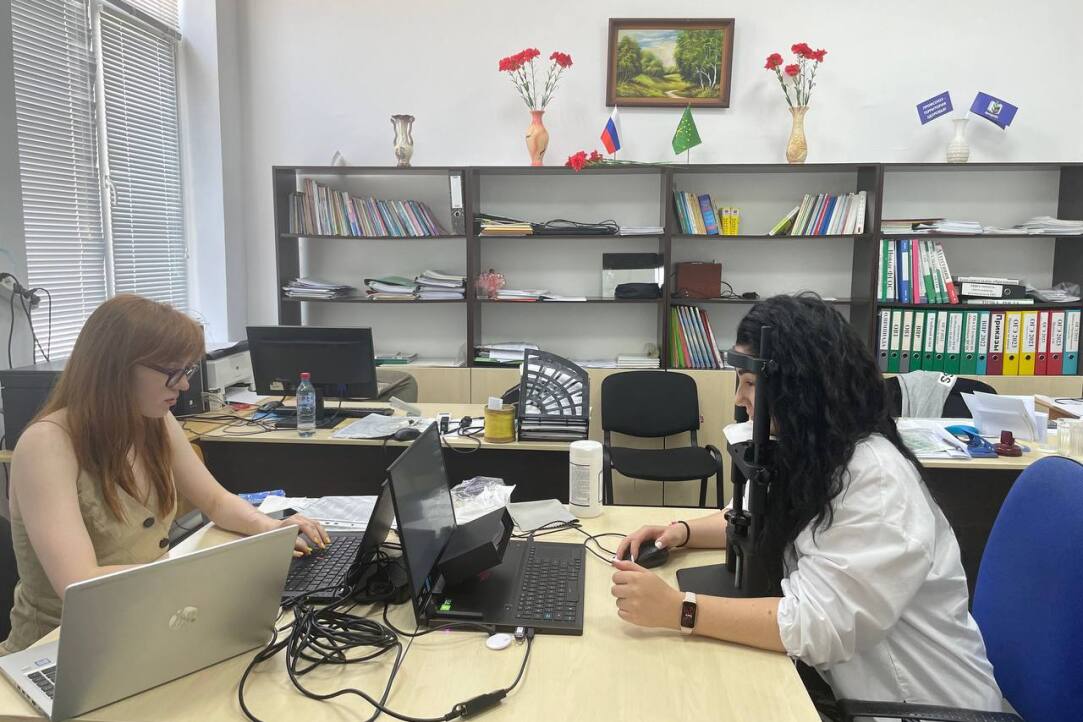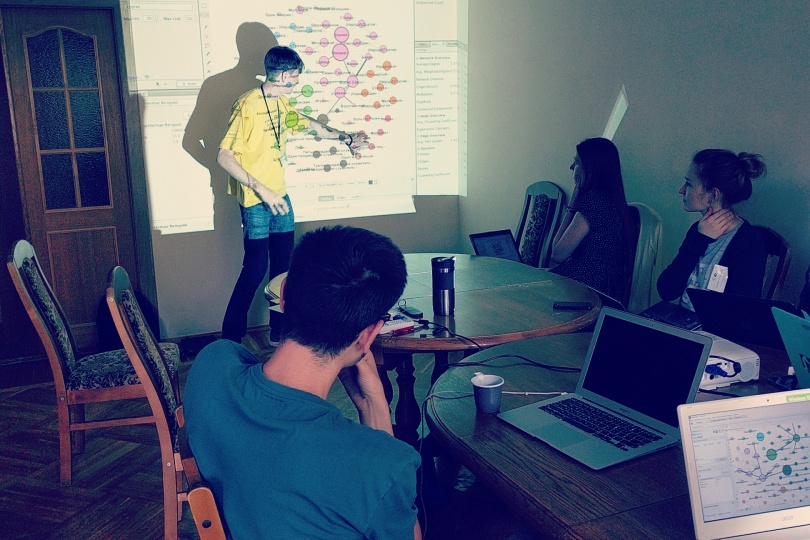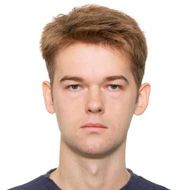





Daniil Alexeevsky, doctoral student in Philology, presented the final part of his thesis on the development of a large electronic lexical database of the Russian language, similar to Princeton’s Wordnet.
Doctoral schools provide an opportunity for international doctoral students to undertake part of their study or research at HSE. The university offers two types of traineeships – research and study. The study stay involves taking courses from the HSE doctoral schools. This can be one, two or more courses aimed at developing academic skills or at obtaining greater exposure to special core subjects.
The Julius Maximilian University of Würzburg, one of the oldest universities in Germany, hosted a three-day workshop on social network analysis of literary texts conducted by Daniil Skorinkin, Lecturer at the School of Linguistics, and Frank Fischer, Associate Professor at the School.




